As commented above, you are doing two separate calculations. The first is the exponentiation of 9**((9**9) + 9). The second is the conversion of that result to a decimal string format. The second calculations becomes slow much quicker than the first calculation.
Let's look at approximate running times for 9**((N**N)+N) on my computer.
For N=6, the exponentiation requires 0.01 seconds. The conversion to a decimal string requires 0.02 seconds.
For N=7, the exponentiation requires 0.15 seconds. The conversion to a decimal string requires 6.9 seconds.
For N=8, the exponentiation requires 16.9 seconds. The conversion to a decimal string requires 48 minutes.
For N=9, the exponentiation requires 40 minutes. The conversion to a decimal string will require a very long time - probably a couple of weeks.
Python's integer to string conversion algorithm is O(n^2) and its running time will eventually dominate. There are other libraries that can perform the calculations faster. GMPY2 will perform both calculations in less than 2 minutes. For more details, check the second answer to this question:
How can I convert an absolutely massive number to a string in a reasonable amount of time?
